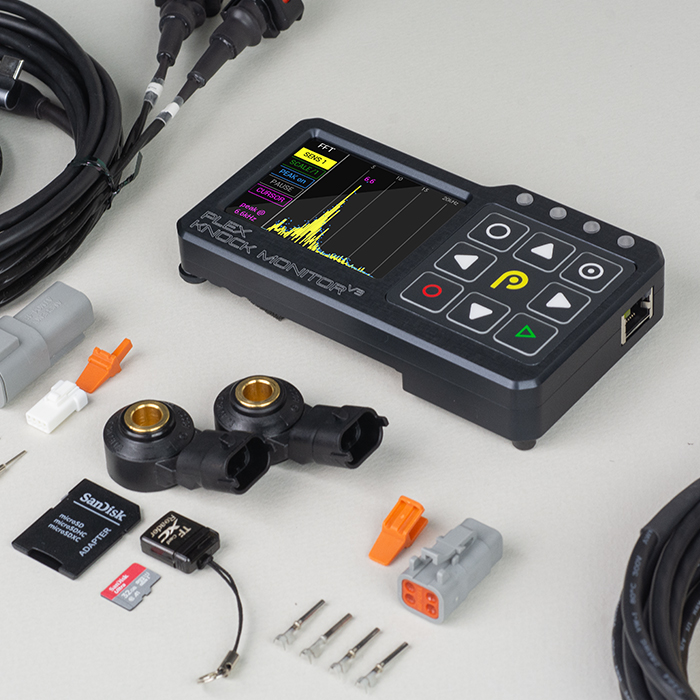My '89 turbo runs on 87 octane gas; I believe the standard blend is up to 10% ethanol. If I behave in my driving I can get around 18 mpg. Basically, I put the cheapest grade of name brand gas in my car, always stopping at some place that has Shell, Exxon, Chevron, etc available. Cheap, but not bargain. I know that gasoline blends are very different today than they were when this car was made. I don't hear the engine knocking so I presume using 87 octane gas isn't hurting it, and there are no stickers anywhere in the car that say "Premium Fuel Only."
Is there anything I need to know about or do for this car specifically with the gas being sold today?
Edit: thanks to madison for pointing out my post mistake.
Is there anything I need to know about or do for this car specifically with the gas being sold today?
Edit: thanks to madison for pointing out my post mistake.









